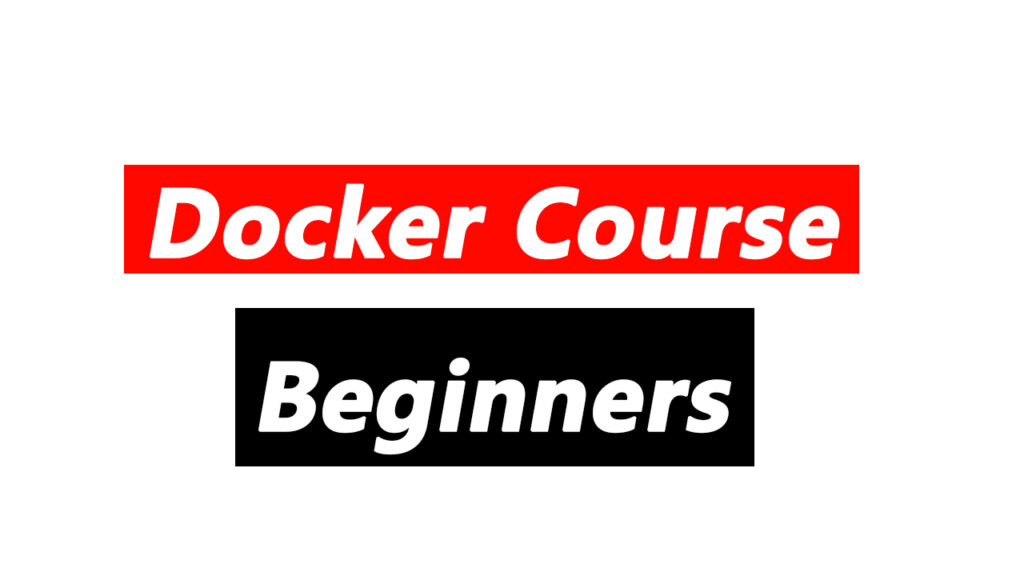
In the dynamic landscape of software development and deployment, agility and efficiency are paramount. Enter Docker—an innovative platform that revolutionizes the way we build, ship, and run applications. In this blog post, we’ll embark on a journey into the world of Docker, exploring its fundamentals, benefits, and real-world applications in Udemy’s “Docker Course for Beginners.”
Understanding Docker: The Containerization Revolution
At its core, Docker is a containerization platform that enables developers to package applications and their dependencies into portable, self-sufficient containers. Unlike traditional virtual machines, which require separate operating systems, Docker containers share the host’s operating system kernel, resulting in lightweight and efficient deployment.
Key Benefits of Docker
Docker offers a myriad of benefits for developers, IT professionals, and organizations alike:
- Consistency: Docker containers ensure consistency across development, testing, and production environments, reducing the risk of “it works on my machine” issues.
- Portability: Containers are portable and platform-agnostic, allowing applications to run seamlessly across different operating systems and cloud environments.
- Isolation: Docker containers provide isolation for applications and their dependencies, enhancing security and minimizing conflicts between components.
- Scalability: Docker’s lightweight nature and scalability make it ideal for microservices architecture, enabling flexible and efficient scaling of applications.
Udemy’s Docker Course for Beginners: A Comprehensive Introduction
Udemy’s “Docker Course for Beginners” offers a comprehensive and beginner-friendly introduction to Docker, equipping learners with the knowledge and skills needed to harness the power of containerization effectively.
Key Learning Objectives:
- Understanding Docker Fundamentals: Explore the core concepts and components of Docker, including images, containers, volumes, and Dockerfile.
- Setting Up Docker Environment: Learn how to install and configure Docker on your local machine or cloud environment, ensuring a seamless development and deployment experience.
- Working with Docker Images: Master the creation, management, and customization of Docker images, leveraging existing images from Docker Hub and creating your own images from scratch.
- Container Management: Dive into container lifecycle management, including container creation, starting, stopping, and removing, as well as managing container networks and volumes.
- Orchestrating Containers with Docker Compose: Discover Docker Compose, a tool for defining and managing multi-container Docker applications, streamlining the deployment process.
- Real-World Applications: Explore practical use cases and examples of Docker in action, from local development environments to production deployments and continuous integration pipelines.
Who Should Enroll?
This course is ideal for:
- Developers looking to streamline their development workflow and improve application deployment processes.
- DevOps engineers seeking to leverage containerization for automating infrastructure management and deployment.
- IT professionals interested in enhancing their skills in containerization and modern software deployment practices.
Conclusion
Docker has emerged as a game-changer in the world of software development and deployment, offering unparalleled flexibility, scalability, and efficiency. Udemy’s “Docker Course for Beginners” provides a comprehensive and accessible introduction to Docker, empowering learners to master containerization concepts and unlock the full potential of Docker in their projects and workflows.
Enroll today and embark on a Docker journey that will transform the way you build, ship, and run applications. Let’s embrace the power of containerization and revolutionize the way we develop and deploy software in the digital age.






